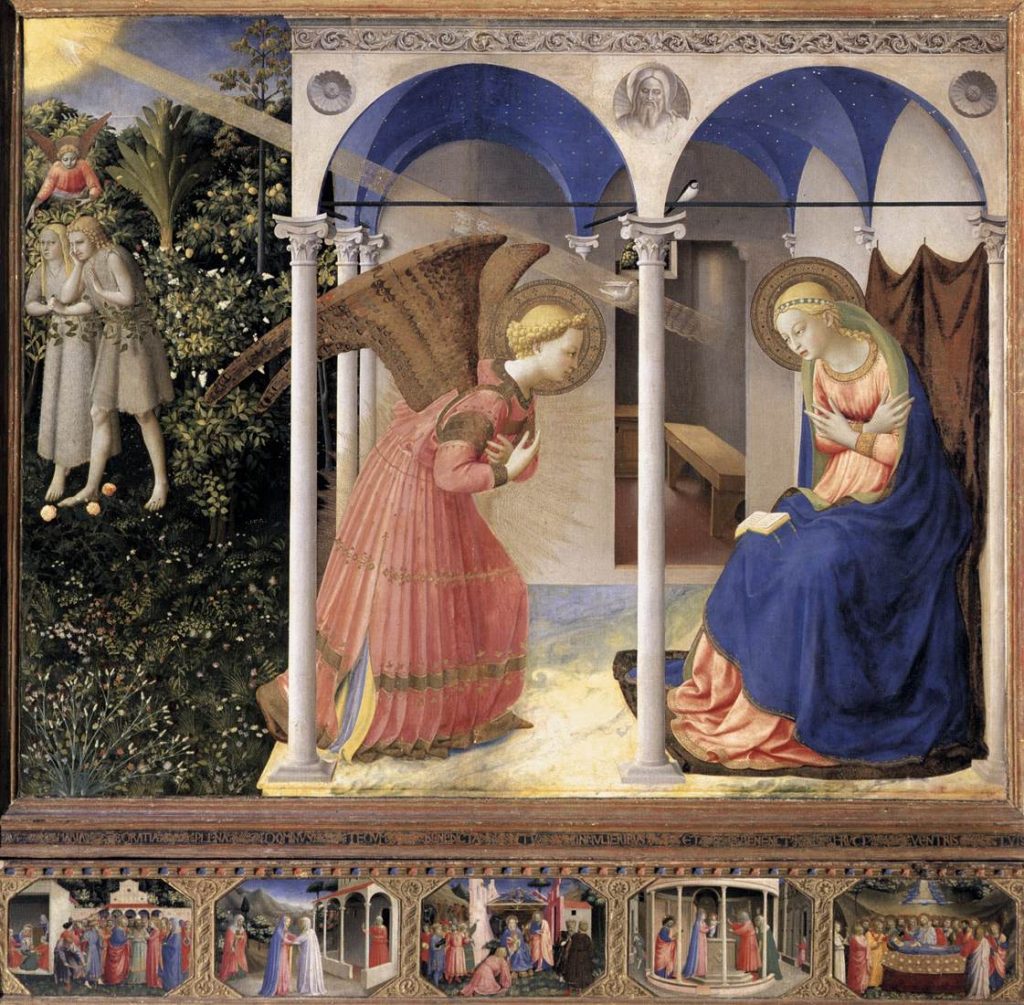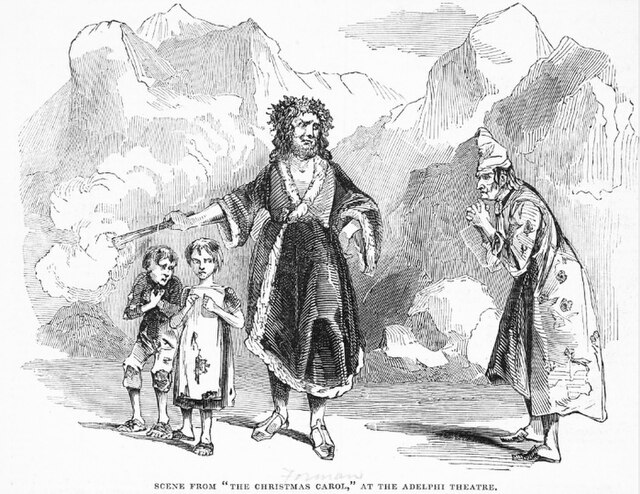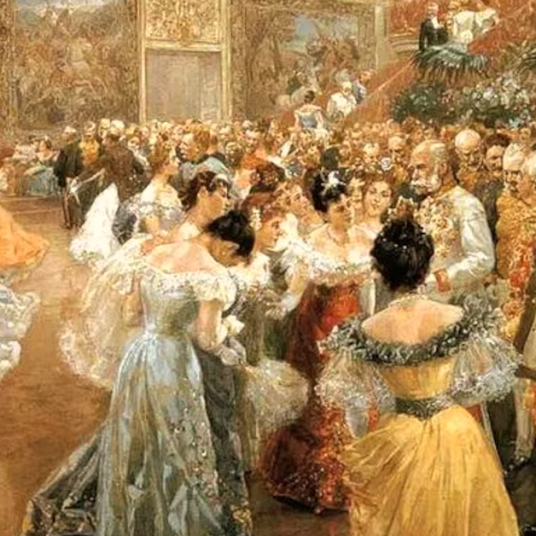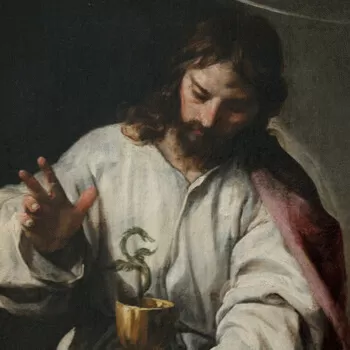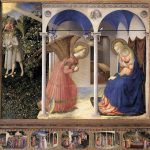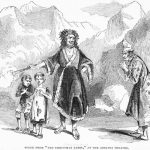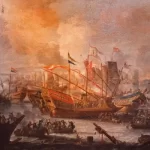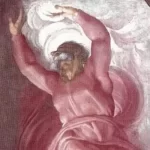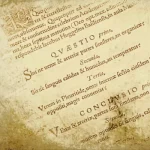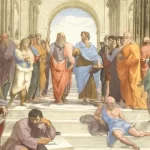The Alcuin Institute seeks to return to this kind of education, one that is at once broad and deep, yet light and whimsical, and thoroughly grounded in the primary sources of the Christian West; the deer and pheasant to be found in our very own precincts. Such a feast among friends in Christ is “the best that life can offer.”
Stay Connected!
Upcoming Events
Past Events
St. Thomas Lecture
Bl. Alcuin of York Lecture & Award Ceremony
Join the Alcuin Institute on October 7th for our annual Bl. Alcuin of York Lecture & Award Ceremony! This year, we are honoring Dr. Andrew Willard Jones, who will in turn honor us with a lecture entitled “The Weakness of Caesar and the Power of the Cross: How Martyrdom Defeats Tyrants.” The event will begin with Mass at 5:00pm, followed by a social, dinner, lecture, and the presentation of our signature Our Lady of Victory Medal. We hope you will be able to join us as we honor a robust Catholic thinker and his promotion of Catholic culture!
Andrew Willard Jones is the Director of Catholic Studies at Franciscan University and is a founding editor of the website and journal, New Polity. He is the author of Before Church and State: A Study of Social Order in the Sacramental Kingdom of St. Louis IX and most recently of The Two Cities: A History of Christian Politics. Andrew’s work focuses on a re-evaluation of our current social predicament through an authentically Catholic vision of reality. Andrew was raised in Washington State, attended Hillsdale College, earning degrees in history and economics, followed by a PhD in Medieval Church history from St. Louis University. He lives in Steubenville with his wife, Sara, and their nine kids.
Bishop Konderla: “When Did God Make Time?”
“Gird up your loins now, like a man; I will question you, and you tell me the answers! Where were you when I founded the earth? Tell me, if you have understanding. Who determined its size? Surely you know? Who stretched out the measuring line for it? Into what were its pedestals sunk, and who laid its cornerstone, while the morning stars sang together and all the sons of God shouted for joy?”
—Job 38:3-7
Alcuin Short Course: Latinitas; Learning Latin Loquaciously
Alcuin Short Course: Reason; One God
Please contact Mr. Eli Stone at eli.stone@dioceseoftulsa.org if you are interested in attending. This 8-week course, taught by Mr. William Dunn, meets every Wednesday at the Chancery Offices in Broken Arrow, 7:00-8:30pm, beginning on October 6th and continuing through November 24th. The course is free to attend, and will use the Summa Theologiae of St. Thomas Aquinas as a primary reading source.


